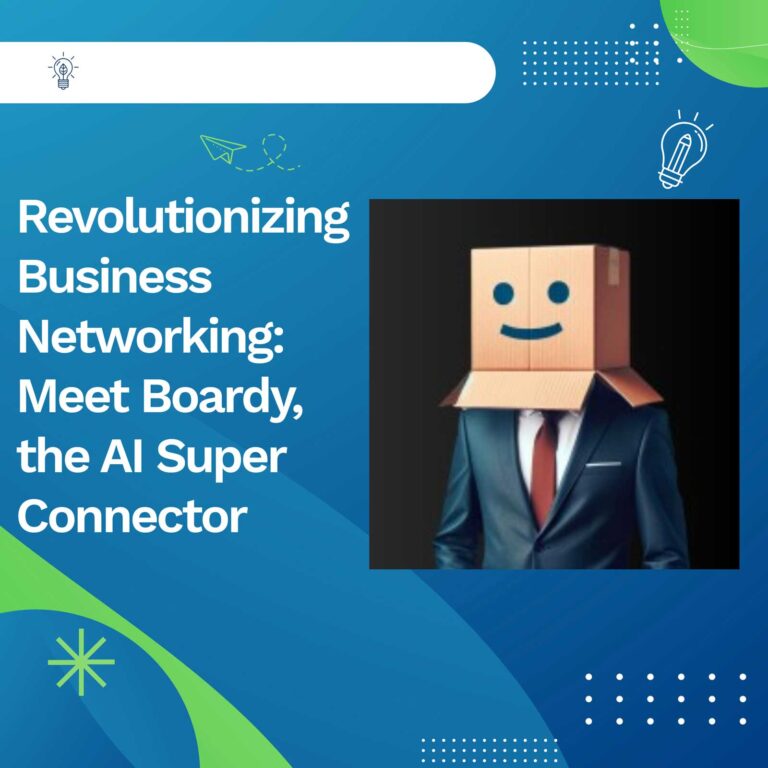
It’s frustrating to see discussions about agent AI that lack a solid understanding of its history and desired outcomes. Many seem to be navigating this complex topic without a clear direction. A deeper understanding of this background can illuminate our current conversations and help us find a more informed path forward.
The concept of “agent AI,” or intelligent systems designed to act on behalf of users, finds its roots in the visionary ideas of MIT futurist Nicholas Negroponte, notably outlined in the 1990’s his in his book, “Being Digital” (Read My Book Review).
Decades ago, Negroponte foresaw a world where digital technology would transform everyday interactions, embedding convenience, efficiency, and personalization directly into our lives. Particularly, Negroponte predicted the rise of personalized digital assistants and intuitive user interfaces that seamlessly integrate with everyday tasks—a vision clearly reflected in today’s agent AI developments but not often presented in such a way.
At the heart of agent AI adoption lies a straightforward desire: convenience. Consumers crave simplicity; they want tasks completed swiftly, accurately, and effortlessly. Whether it’s booking flights, managing financial portfolios, or providing personalized customer support, AI agents fulfill this need by delivering precise, timely information and automating complex tasks, freeing valuable time.
Businesses share this appetite for convenience but from a different angle. They strive for accuracy, cost-effectiveness, and profitability. Deploying AI agents can streamline processes, reduce overhead, and significantly enhance revenue streams by offering personalized experiences at scale. The potential for AI-driven growth is immense, yet it’s tempered by understandable caution.
Consumers often hesitate due to privacy concerns, misunderstandings of AI capabilities, and apprehension about data security. Common misconceptions include fears that AI might completely replace human decision-making, concerns about the extent of data collection, or misunderstandings about how their personal data is utilized. Missteps in data handling or breaches in security can rapidly erode trust, making transparency and effective communication about AI usage crucial.
On the business side, apprehensions are equally valid. Deploying AI involves costs—not just monetary but also in time and resources dedicated to training and implementation. These include review of potential AI solutions, initial setup costs, ongoing maintenance, training staff, data infrastructure upgrades, or compliance costs related to data governance. Ensuring quality data and effective training methodologies can present additional challenges. Misuse or inaccuracies can result in reputational damage or regulatory scrutiny, making it imperative to approach AI adoption thoughtfully and strategically.
Negroponte’s vision wasn’t just about technology; it was about empowering people. Embracing agent AI responsibly allows us to fulfill this vision, fostering a future where digital experiences are not only advanced but genuinely transformative. I encourage your business to start discussing the development in such a way and designing experience experiences with the end game in mind.
As a fractional Chief Marketing Officer (CMO) and growth marketer, I see clearly how addressing these concerns creates immense opportunities for most businesses. My role bridges understanding, ensuring consumers receive the seamless, secure experiences they demand while helping businesses confidently deploy AI to meet strategic objectives. By carefully aligning technology adoption with core business and customer experience goals, we turn potential pitfalls into opportunities for sustained growth and exceptional customer satisfaction.



